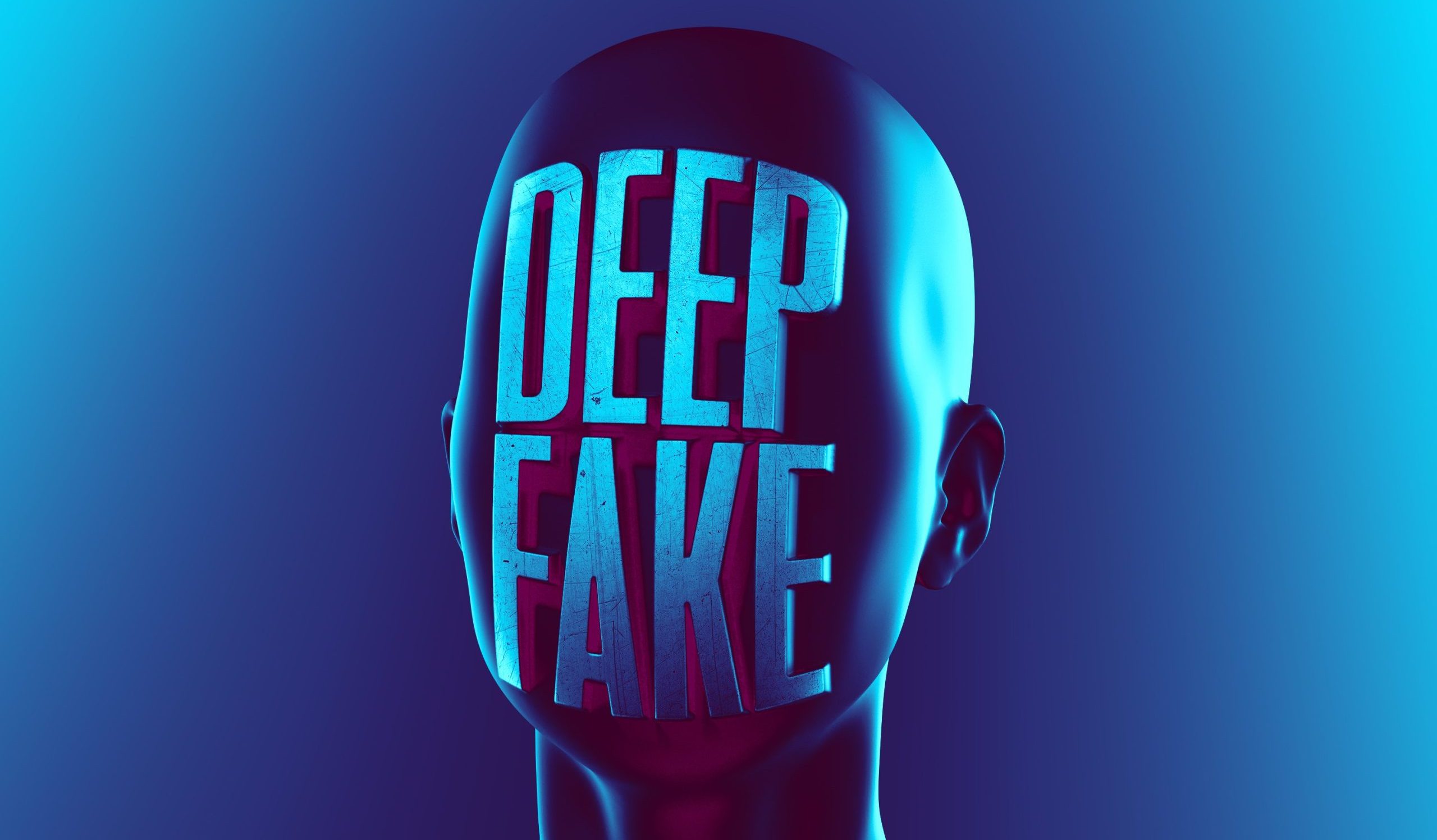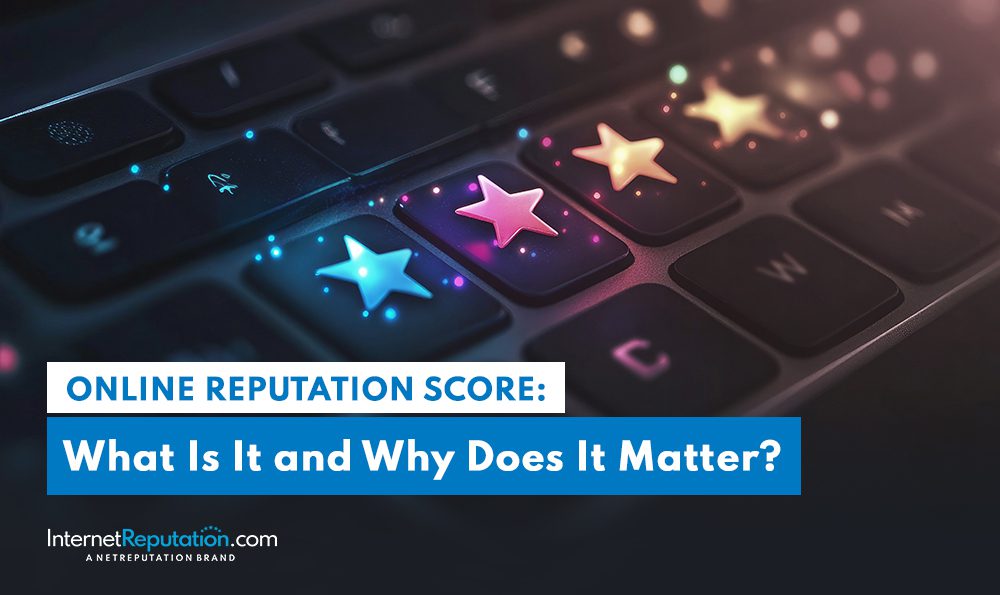The Future of Deepfakes in Online Reputation

Deepfakes, AI-generated manipulations, pose a grave threat to online reputation, spreading false information and causing harm. Their realistic nature heightens concerns, from privacy breaches to legal issues. While used for entertainment, misuse in political manipulation and cyberbullying is alarming. Detecting and combating deepfakes demand tech innovation, education, and legal frameworks. Collaborative efforts are vital to mitigate their risks and preserve trust in the digital era.
What are Deepfakes?
Deepfakes are genuinely impressive and concerning advancements in technology. They involve the manipulation of digital videos or images using artificial intelligence to seamlessly replace the original person’s face with someone else’s. These manipulated creations are meticulously crafted using sophisticated algorithms, resulting in deceptive content that can easily be mistaken for genuine footage. The implications of Deepfakes extend beyond mere amusement or entertainment, as they can be weaponized to disseminate false information or manipulate public sentiment. These emerging digital tools highlight the urgent need for robust measures to combat the rapid spread of misinformation in our increasingly interconnected world.
The Growing Concern of Deepfakes in Online Reputation
As deepfake technology advances, the impact on online reputation is becoming an ever-growing concern. Discover the alarming consequences of deepfake misuse and how it directly affects our lives. Brace yourself as we delve into the dark side of online reputation in the digital age, exploring the real-life implications of deepfakes. Get ready to uncover the truth behind this phenomenon that threatens the very essence of our online identities.
How Deepfakes Impact Online Reputation
Deepfakes can significantly impact online reputation by spreading false and manipulated content. They can damage a person’s credibility, cause reputational harm, and lead to real-life consequences such as job loss or public humiliation. It is crucial to be cautious and critical of online content to mitigate the negative effects of deepfakes on reputation.
Real-Life Consequences of Deepfake Misuse
- Deepfakes can have serious real-life consequences, such as identity theft, leading to financial and reputational damage.
- Misuse of deepfakes can also cause harm to relationships, resulting in distrust, betrayal, and strain in personal and professional relationships.
- Moreover, targets of deepfake misuse may experience psychological impact, including emotional distress, anxiety, and depression.
To effectively combat the real-life consequences of deepfake misuse, it is crucial to raise awareness, enact strong legislation, and foster collaboration between technology companies, governments, and the public. Developing advanced detection tools and software and promoting media literacy are key measures to help individuals identify and responsibly respond to deepfakes.
Current and Potential Uses of Deepfakes
In the vast realm of deepfakes, countless possibilities await exploring. Today, we dive into this groundbreaking technology’s current and potential uses. From its influence in entertainment and creative industries to the alarming threats of political manipulation, revenge porn, and other forms of cyberbullying, we uncover the fascinating and concerning aspects surrounding deepfakes. Brace yourselves as we navigate the intricacies of this rapidly evolving digital landscape.
Entertainment and Creative Industries
- The entertainment and creative industries have embraced deepfake technology for various purposes.
- Deepfakes have allowed filmmakers to bring deceased actors back to the screen, such as Peter Cushing’s appearance in Rogue One: A Star Wars Story.
- Artists and performers in the entertainment and creative industries have used deepfakes to seamlessly merge their images with popular characters or celebrities for music videos or live performances.
- Deepfake technology has revolutionized special effects in movies, enhancing the realism of CGI and reducing production costs for the entertainment and creative industries.
Ethical considerations and responsible use must be prioritized to continue leveraging deepfake technology in the entertainment and creative industries. Guidelines and regulations should be established to prevent misuse and protect individuals’ rights. Collaboration between industry professionals, researchers, law, and policymakers is crucial for shaping a positive future for deepfakes in the entertainment world.
Political Manipulation
Political manipulation through deepfakes represents a substantial danger to democratic processes globally. These fabricated videos can potentially disseminate misinformation, influence public sentiment, and erode trust in political establishments. To address this issue, policymakers and technology companies must collaborate to develop effective detection tools and promote media literacy. Legislation and regulations must be enacted to hold accountable those individuals responsible for creating and disseminating this deepfake video content. Only by taking these measures can we safeguard the integrity of our political systems.
Revenge Porn and Cyberbullying
Revenge porn and cyberbullying are two detrimental outcomes of deepfake technology. Misusing this technology enables the creation and distribution of fake explicit content, violating privacy, inflicting emotional distress, and causing reputational harm. Deepfakes can also be utilized as a means of cyberbullying, aggravating the problem of online harassment and intimidation. It is important to tackle these issues by implementing legal measures, promoting education, and encouraging collaboration among various stakeholders.
Technological Advancements in Deepfake Technology
Get ready to dive into the fascinating world of deepfake technology and the remarkable advancements that have revolutionized it. We’ll explore the exciting sub-sections of this section, uncovering the mind-blowing breakthroughs in artificial intelligence and machine and deep learning here, as well as the incredible improvements in facial mapping and voice synthesis. Prepare to be amazed by the rapid evolution of deepfake technology and its implications for our online reputation.
Advances in Artificial Intelligence and Machine Learning
- Advances in Artificial Intelligence and Machine Learning have greatly enhanced the capabilities of deepfake technology.
- Machine learning algorithms enable deepfakes to learn and mimic human behaviors more convincingly.
- AI models can now generate high-quality images and videos that are difficult to distinguish from real footage.
- Deepfake tools are becoming more accessible and user-friendly, owing to the advances in Artificial Intelligence and Machine Learning, allowing for wider usage and potential misuse.
- The increasing sophistication of AI and machine learning algorithms in deep fakes raises concerns about the spread of disinformation and the erosion of trust in digital media.
In 2014, Google’s subsidiary company DeepMind made significant advances in artificial intelligence and machine learning with the development of AlphaGo, an AI program capable of defeating a world champion Go player. This breakthrough showcased the potential for AI to surpass human capabilities in complex tasks and opened up new possibilities for applications in various industries.
Improvements in Facial Mapping and Voice Synthesis
Advancements in facial mapping and voice synthesis have played a significant role in the progress of deepfake technology. These breakthroughs facilitate a more authentic and effortless alteration of facial features and vocal patterns, making it progressively challenging to identify deepfakes. Consequently, the danger of misusing deepfakes online reputation and its potential consequences on online reputation and society is constantly escalating.
Legal and Ethical Implications of Deepfakes
Delving into the legal and ethical implications of deepfakes, we uncover a web of privacy concerns, intellectual property rights, and the ever-important role of legislation and regulation. Unveiling the darker side of this emerging technology, we’ll explore the potential havoc it can wreak on personal privacy, examine the complexities surrounding ownership of manipulated content, and delve into the necessity of legal frameworks to safeguard against misuse. Brace yourself for a thought-provoking journey through the ethical minefield of deepfakes.
Privacy and Consent Issues
Privacy and consent issues are of the utmost importance when discussing deepfakes. Deepfakes involve manipulating individuals’ likenesses and private information without their knowledge or permission, which can result in potential harm and a violation of personal boundaries. Protecting privacy and ensuring informed consent is crucial to addressing the ethical and legal implications associated with deepfakes. The fact remains that deepfakes have prompted concerns regarding the erosion of trust and the potential for malicious activities in the digital era.
Intellectual Property Rights
Intellectual property rights are a vital aspect to take into account concerning deepfakes. The technology of creating realistic synthetic on social media platforms has triggered worries regarding copyright infringement and the unauthorized appropriation of an individual’s image. Safeguarding artists’ creative works and preserving individuals’ identities is of utmost importance when addressing the legal and ethical ramifications associated with deepfakes.
The Role of Legislation and Regulation
Legislation and regulation are pivotal in addressing the adverse effects of deepfake technology. Their primary objectives are safeguarding privacy, preventing misuse, and ensuring accountability for all parties involved. By implementing laws and regulations, governments can establish clear guidelines and enforce consequences for creating, distributing, and manipulating deep fakes. These measures are essential in upholding trust, protecting individuals, and maintaining a secure online environment.
Legislation and regulation have long been significant in society. Notable examples include the Magna Carta in 1215, which curtailed the power of the English monarchy, and the Declaration of Independence in 1776, which laid the foundation for democracy and human rights in the United States. Such laws continue to shape our societies, safeguarding the rights and well-being of individuals.
The Fight Against Deepfakes
In the ongoing battle against deepfakes, we’re witnessing the rising tide of efforts to combat this digital deception. From developing advanced detection tools to promoting education, social media, and literacy and fostering collaboration among tech industry giants, government bodies, and academia, this section highlights the strategies employed to tackle the deepfake menace head-on. Let’s delve into the front lines of this fight and explore the innovative approaches to safeguard our online reputation.
Development of Deepfake Detection Tools
- Developing deepfake detection tools is crucial in combating the spread of manipulated content.
- Companies like Microsoft and Facebook are investing in research and technology to identify and flag deepfake videos.
- Machine learning algorithms are being developed to analyze facial and audio inconsistencies and identify deep fakes.
- Collaboration between tech companies, government agencies, and researchers is essential to stay ahead of advanced deepfake techniques.
- Continuous improvement and updates to detection tools are necessary as deepfake technology evolves.
Education and Media Literacy
Education and media literacy play a vital role in countering the adverse effects of deepfakes. By imparting individuals the necessary knowledge and skills to identify and analyze manipulated content critically, we can empower them to make well-informed decisions and safeguard their online reputation. Initiatives in education and programs promoting social media companies’ literacy can significantly increase awareness and equip people with the necessary tools to navigate the digital landscape.
Collaboration between Tech Industry, Government, and Academia
Collaboration between the tech industry, government, and academia is crucial in the fight against deepfakes. By pooling their resources and expertise, they can develop effective detection tools, educate the public about deepfake technology, and establish legislation and regulations to address the ethical and legal implications of deepfake pornography. In this collaborative effort, the tech industry, government, and academia work together to combat the threats posed by deepfakes and ensure a safer digital environment.
The Future of Deepfakes in Online Reputation and Society
Deepfakes have the potential to profoundly impact the future of online reputation and society. As technology advances, concerns about the authenticity of online content, erosion of trust among users, and the spread of misinformation are increased, creating a need for society to be vigilant in developing strategies to detect and combat this evolving threat.



